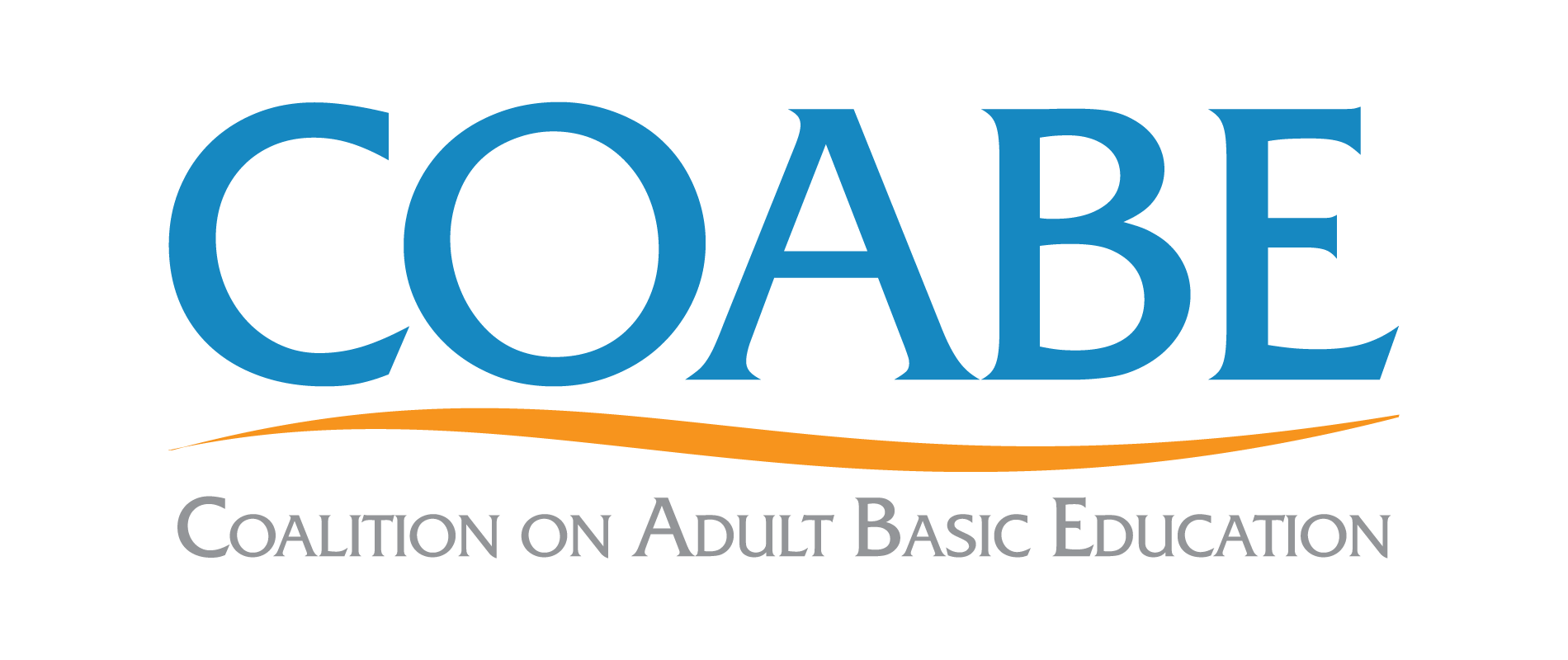If you plan to attend the COABE 2015 conference in Denver on April 21–24, look for the PIAAC strand, which will include an overview of PIAAC, several sessions featuring research papers based on the PIAAC data, and a full session on the cross-cutting implications of the research papers’ results for policy, programs, and future research. Click here to see the full COABE schedule. Be sure to check out the following presentations that are part of the PIAAC strand:
Wednesday, April 22
Why Adult Education Matters: What PIAAC Tells Us About the Skills of Adults 16–65 In The United States
Presenters: Sondra Stein and Katie Landeros, AIR
10:45 a.m. to 12:00 p.m.
Join us for an introduction to key features and main results of the 2012 PIAAC, a large-scale international assessment of cognitive and workplace skills of adults aged 16–65, and an overview of PIAAC results.
Using PIAAC’s Education and Skills Online to Examine Adults' Skills Locally
Presenters: Jill Castek, Amy Honisett, and Andrew Pizzolato, Portland State University
2:00 p.m. to 3:15 p.m.
This session will explore Education and Skills Online (ESO) – a valid and reliable assessment tool based on PIAAC that addresses Literacy, Numeracy, and Problem Solving in Technology Rich Environments (PS-TRE). This project will use ESO’s PS-TRE together with the North Star Assessment to assess the digital literacy skills of library patrons.
Adults' Readiness to Learn and Literacy Skill Use and Proficiency
Presenters: Amy D. Rose, Northern Illinois University and Jovita Ross-Gordon, Texas State University
3:45 p.m. to 5:00 p.m.
This workshop discusses the findings from an analysis of adults’ "readiness to learn" as defined in PIAAC. The measure of readiness to learn appears to predict adult skill levels and adult skill use in work settings, however the effect is not strong. In contrast, it appears to be a relatively strong predictor of skill use in home settings.
Thursday, April 23
Gaining Perspective on Adult Learners and Non-Learners: U.S. Findings From PIAAC
Presenter: Dr. Margaret Patterson, Research Allies for Lifelong Learning
9:15 a.m. to 10:30 a.m.
This session will provide a detailed look at the patterns of participation in adult learning activities by U.S. adults’ education levels, demographics, and assessed skill levels. Focusing on adults with less than a high school degree, contrasts will be drawn between those who participate in learning activities and those who report they do not. The session will end with a recruitment simulation using the findings.
Adult Health: How Is It Related to Literacy, Numeracy, Technological Problem-Solving Skills, and Adult Learning?
Presenters: Carol Clymer and Blaire Willson Toso, Goodling Institute for Research in Family Literacy and Pennsylvania State University
10:45 a.m. to 12:00 p.m.
This presentation uses PIAAC data to discuss how U.S. adults’ health status is related to (1) basic skills in literacy, numeracy, and problem-solving in technology-rich environments and (2) adult participation in formal and non-formal education. The presentation highlights findings, practical implications, and participant discussion.
Problem-Solving Skills in Technology-Rich Environments
Presenter: William Thorn, Organisation for Economic Co-operation and Development
1:45 p.m. to 3:00 p.m.
This session will present key findings from a newly released OECD report on PIAAC results in problem solving in technology-rich environments. Adults with poor literacy or numeracy skills, who are older, have less education, have parents with less education, and who are immigrants with a foreign-language background are particularly likely to have low scores on problem-solving. PIAAC results confirm that lack of computer experience has a substantial negative impact on labor market outcomes.
PIAAC’s Implications for Policy and Practice
Presenter: Sondra Stein, Federico Salas-Isnardi, Jill Castek, Amy D. Rose, Margaret Patterson, Carol Clymer, and Blaire Toso
3:45 p.m. to 5:00 p.m.
Join us for a discussion of the issues raised during previous PIAAC sessions, the implications of these findings for policy and practice, and next steps for future research.









